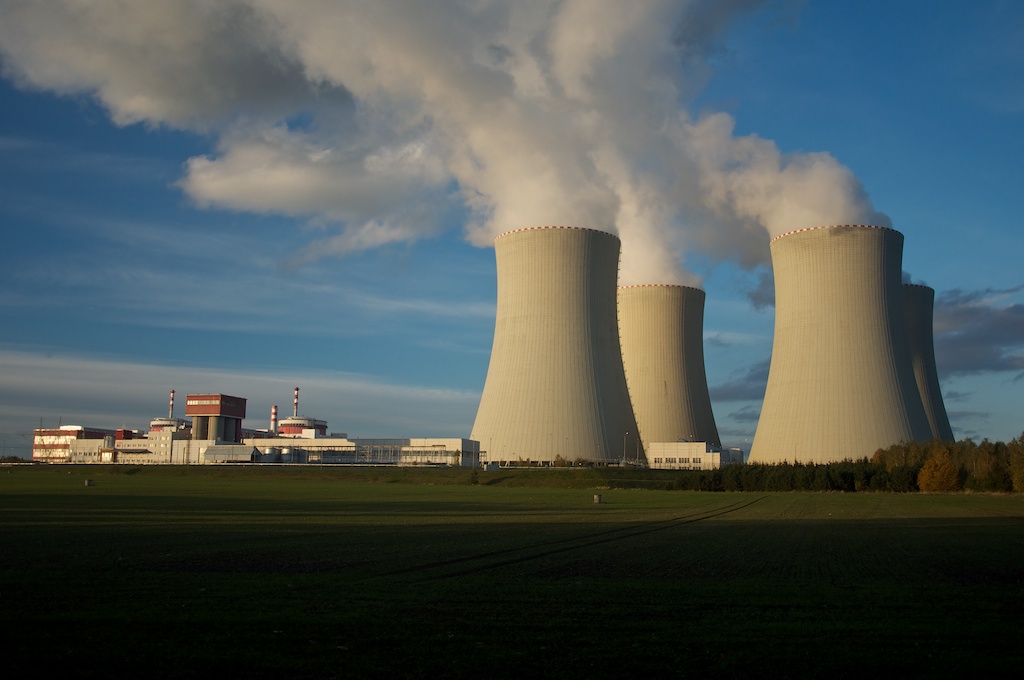The prime minister announced this week that Belgium and the French utility Engie had achieved an agreement to postpone the retirement of two nuclear reactors by ten years. It is reversing a previous energy strategy that called for nuclear power to be phased out by 2025.
The newest of Belgium’s seven reactors, the Doel 4 and Tihange 3, were scheduled to shut down permanently in 2025 but will now reopen in November 2026 following the required repairs and remain operational for an additional 10 years.
Nuclear reactors supposed to guarantee energy security
Following a meeting with cabinet members, Belgian Prime Minister Alexander De Croo stated at a news conference that the expansion of these two nuclear reactors is essential to ensuring our energy security.
Belgium had intended to phase out nuclear power by 2025 completely, but the invasion of Ukraine by Russia has prompted the government to reconsider plans to rely more heavily on natural gas.
Without the nuclear extension, Belgium’s electrical network operator has warned that the country would experience a severe shortage in the winter of 2026–2027.
Nuclear reactors in Belgium
According to data from the World Nuclear Association, Belgium’s six operational nuclear reactors have a combined capacity of around 5 gigawatts and produce about half of the nation’s electricity. The public expected all of the reactors except for Doel 3 to shut down in 2025.
Belgium may still need to fill a probable power generation shortfall from 2025 to 2026 even after extending Doel 4 and Tihange 3, which have a combined capacity of two GW and went into operation in 1985.
De Croo stated that although there was a general understanding over the extension, not all details had undergone in the phase of resolution.
He said that the plan about the cost of the reactors’ power should undergo regulation by the asset-base plan. The plan is similar to the “Contract for Difference” in the UK. Also, the government will discuss the specifics of the plan with Engie in the upcoming months.
Engie and the Belgian state of being equal shareholders
A joint venture with Engie and the Belgian state will run the reactors as equal shareholders, according to Tinne Van der Straeten, minister of energy for Belgium.
Both sides confirmed their intention to use reasonable efforts to restart the Doel 4 and Tihange 3 nuclear units in November 2026, according to a statement from Engie.
In July 2022, the two sides already exchanged a “non-binding letter of intent” regarding the life extension.
They will also discuss the topic of responsibility sharing for the costs associated with nuclear waste management between the Belgian state and Engie. De Croo and Engie announced that they had struck a deal for capping that cost.
De Croo stated that Engie would continue to bear the cost of future reactor disassembly in Belgium.

